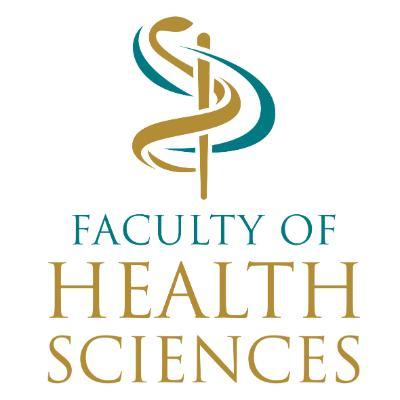Main Haematology Laboratory CMJAH
 The Main Haematology Laboratory within the Department of Molecular Medicine and Haematology is primarily responsible for diagnostic haematology and molecular medicine services, teaching and training as well as limited research and development.
The Main Haematology Laboratory within the Department of Molecular Medicine and Haematology is primarily responsible for diagnostic haematology and molecular medicine services, teaching and training as well as limited research and development.
The diagnostic service of the laboratory is carried out in five areas which are
- diagnostic morphology
- special haematology
- coagulation
- flow cytometric immunophenotyping
- molecular analyses.
In the current year of review the laboratory had 98 test methods available all of which are accredited by the South African National Accreditation System. A total of approximately of 397 906 specimen analyses were performed this year and these included 228717 analyses in the routine laboratory, 3054 bone marrow morphologic evaluations, 38071 automated differential counts, 14097 specials bench investigations, and 76744 coagulation parameter analyses. The laboratory continued its 24hr service for a large number of high volume and critical tests including the full blood count, differential count, D-Dimers, prothrombin time and partial thromboplastin time, ESR, factor assay and reticulocyte count. These services are managed through a 24 hour call system involving medical technologists, registrars and haematology consultants.
Teaching and training
This laboratory is the primary teaching and training site for haematology registrars, medical technologists, medical technicians, research scientist and other health care workers with an interest in blood and blood related disorders. The main laboratory is resourced to train registrars at all stages of their career development and often accommodates registrars from other training centres such as Chris Hani Baragwanath and Helen Joseph laboratories as well other universities. Medical technology training includes practical exposure during undergraduate training and postgraduate practical instruction as stipulated by the various Universities of Technology requirements. The laboratory also trains Clinical Haematology sub-specialty trainees during their one year laboratory rotation.
All staff in the Main Haematology Laboratory participates actively in the University of the Witwatersrand undergraduate and postgraduate medical teaching programs. Lectures are given to GEMP1 and GEMP II students as well as medical registrars and fellows in the various medical disciplines and subdivisions.


